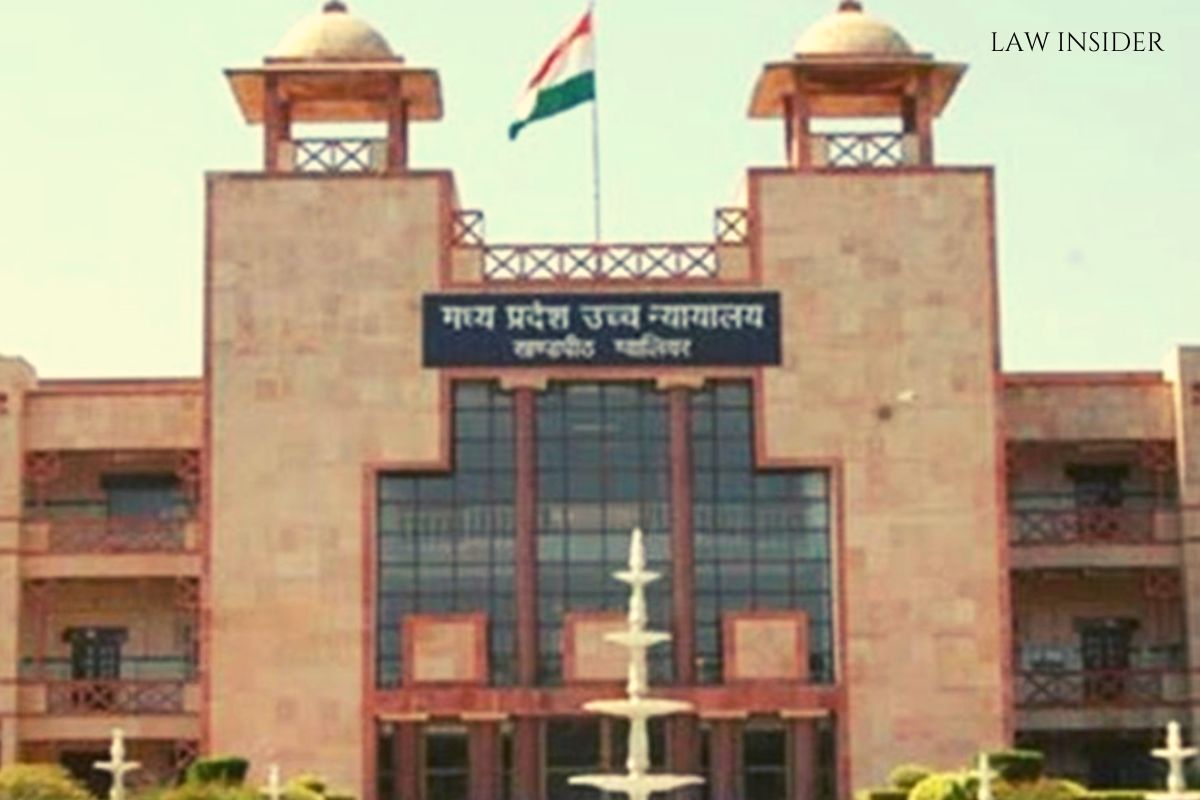LI Network
Published on: October 29, 2023 at 13:13 IST
The Madhya Pradesh High Court, Jabalpur bench, has clarified that there should be no ambiguity concerning the language of Section 82(1) of the CrPC (Criminal Procedure Code).
The court set aside a proclamation order issued by a Magistrate that provided less than twenty days for the absconding parties to appear before the court.
Justice Dinesh Kumar Paliwal, presiding over the single-judge bench, also pointed out that the order issued by the Magistrate contained an apparent error as it omitted the 30-day period prescribed by the statute.
The bench at Jabalpur emphasized that it is evident that the procedure outlined in Section 82 of the Cr.P.C. had not been properly followed. Therefore, the court had no choice but to annul the order passed by the learned JMFC.
Section 82(1) of the CrPC stipulates that when there is a reason to believe that a person has absconded after a warrant has been issued against them, and the warrant has become non-executable, the court can issue a written proclamation mandating the person’s appearance at a specified place and a “specified time.” The section also specifies that the “specified time” should be “not less than thirty days from the date of publishing such proclamation.”
Furthermore, the High Court directed the Judicial First-Class Magistrate to issue a new order in compliance with the law if the police submit a fresh application for a proclamation.
The petitioners contested the proclamation issued on 07.08.2023, where they were accused of offenses under Sections 34 and 306 of the Indian Penal Code.
Initially, the Magistrate had issued non-bailable warrants against the petitioners, which the police were unable to execute despite their best efforts. Subsequently, the police filed an application under Section 82 of the CrPC for Proclamation.
The order dated 07.08.2023 mandated that the accused appear before the court by 25.08.2023, or they would be declared as “proclaimed offenders.”
The petitioners argued before the High Court that there could be no deviation from the statutorily permissible outer limit of thirty days from the date of the proclamation’s publication.
The respondent state contended that the petitioners had been absconding since 05.07.2023 and had no intention of appearing before the court in the first place. The respondent state characterized the petitioners’ arguments as merely “technical.”
Following submissions from both parties, the order issued by the Judicial Magistrate First Class, Bada Malhara, was set aside, and the petition was disposed of accordingly.
Case Title: Sanjay Asati & Anr v. State of Madhya Pradesh & Anr.

